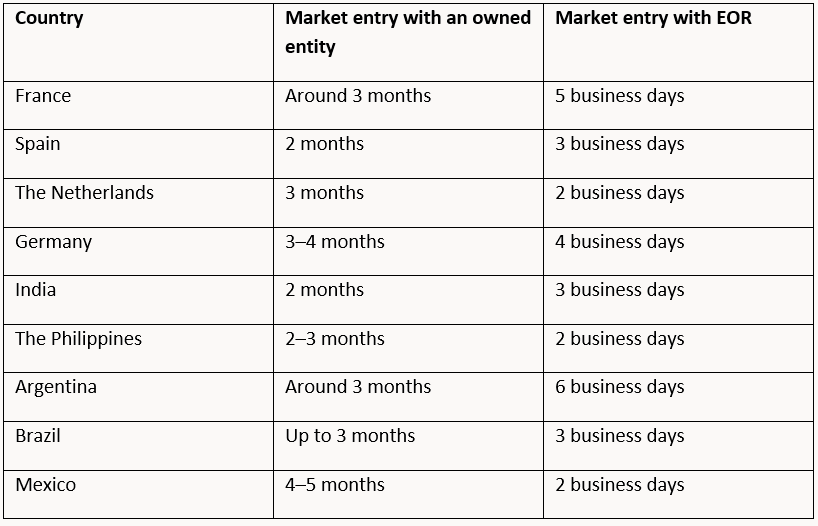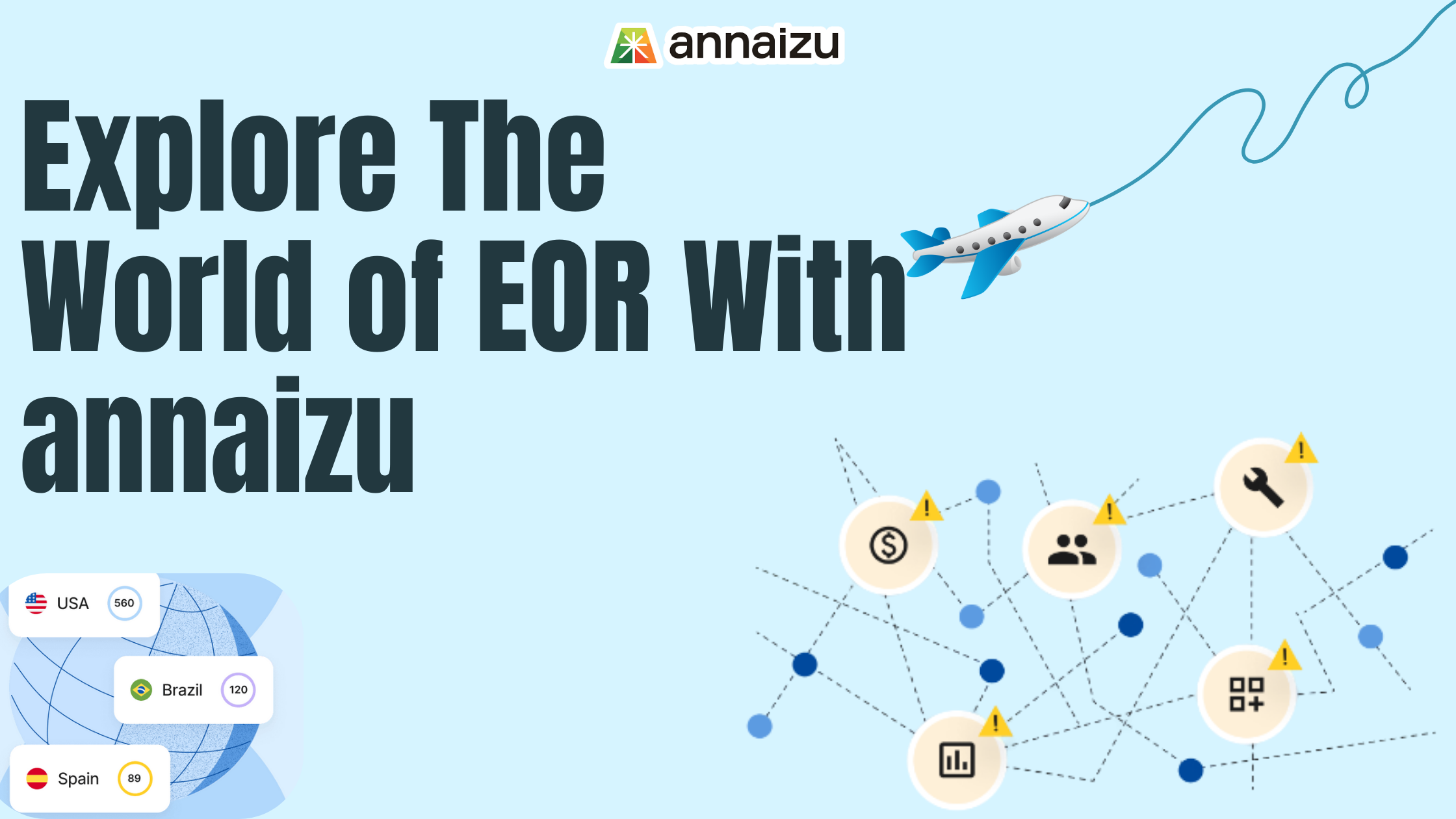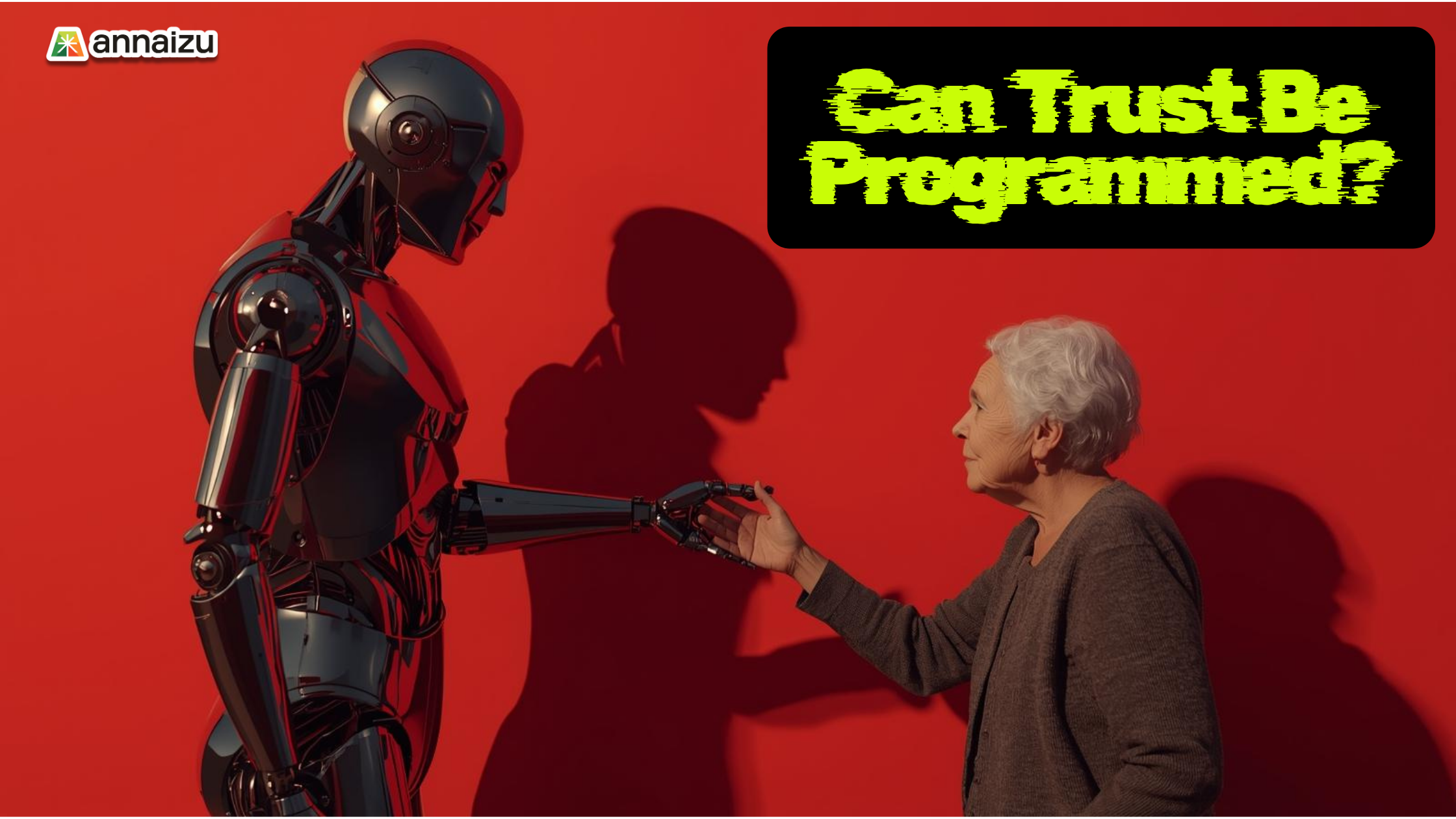Discover the importance of Annaizu Compliance Management in today's business landscape and how a Home Office compliance management platform can help your business streamline its compliance efforts, reduce risks, and stay ahead of regulations.
What’s the Fastest Way to Enter Markets and Hire Globally?
Expanding into new markets is one of the most effective ways to grow your business and access world class talent. But speed matters. The faster you can enter a market, the stronger your chance of securing top professionals and building a lasting presence.
However, businesses often face a critical decision: whether to establish their own legal entity or partner with an Employer of Record (EOR). Both approaches have advantages, but the right choice depends on your resources, timeline, and long term goals.
Why Time to Market is Critical?
Establishing a local entity in a new country can take months or even more than a year. It’s also costly, often requiring hundreds of thousands of dollars before you can even begin hiring. By contrast, EOR hiring offers a way to onboard local employees in just a few days while staying compliant with employment laws.
If you’re competing for high demand talent, this difference is significant. Waiting months to complete entity setup could mean losing valuable candidates to competitors who move faster.
EOR vs. Entity Setup: What’s the Difference?
Employer of Record (EOR): An EOR acts as the legal employer on your behalf in a foreign market. It manages payroll, benefits, compliance, and HR administration, while you retain control of day to day management of the employee.
Entity Setup: Establishing your own legal presence in a country requires registration with local authorities, compliance with tax and employment regulations, and ongoing administrative costs.
Your choice depends on factors such as:
· The resources you can dedicate to compliance and operations.
· How quickly you need to scale.
· Whether your goal is short term market testing or long term establishment.
· The complexity of local laws in your target markets.
· Whether you’re expanding into multiple regions simultaneously.
Cost Considerations
Setting up an entity is not only time consuming but also expensive. Beyond the up front registration and legal costs, you’ll need to manage ongoing payroll, compliance, and HR operations. EOR solutions significantly reduce these expenses by covering:
· Setup and maintenance costs – No legal or administrative fees for establishing entities.
· Compliance costs – Payroll taxes, benefits, and contracts handled by experts.
· Time savings – No need to spend months navigating bureaucracy.
· Flexibility – Easily scale your workforce up or down without long term commitments.
Here is an estimate of the ongoing costs (in USD) for a UK based company to keep its owned entity in the United States.

EOR or Entity: Which One is Faster?

Compliance and Risk Management
Compliance with local labour and tax laws is one of the biggest challenges in international expansion. EOR providers manage the entire employment lifecycle, including onboarding, payroll, benefits, and offboarding, while ensuring compliance with jurisdiction-specific regulations.
This not only reduces risk but also gives your business the confidence to scale globally without worrying about penalties or lawsuits.
Choosing the Right Path
If your goal is to test a new market, hire quickly, or maintain flexibility, an EOR is often the most efficient and cost effective choice. If you’re planning for long term operations and want a permanent presence, entity setup may make sense, but it requires significant investment and preparation.
.png)






.svg)